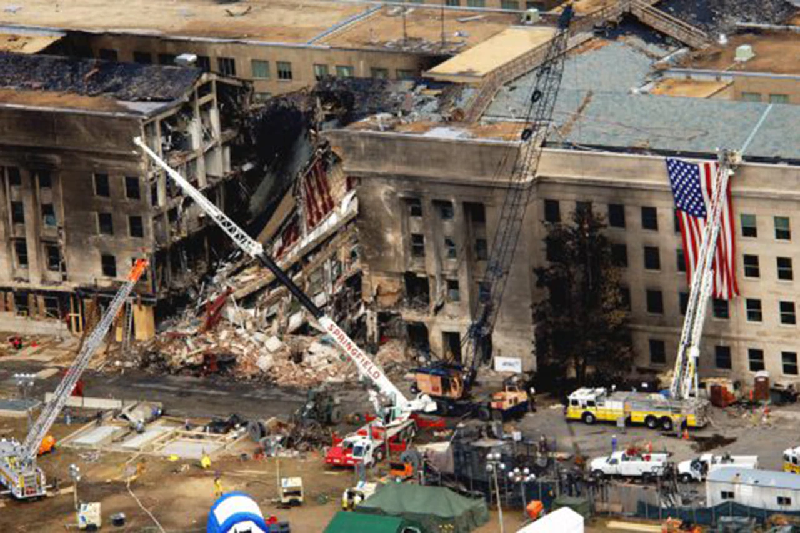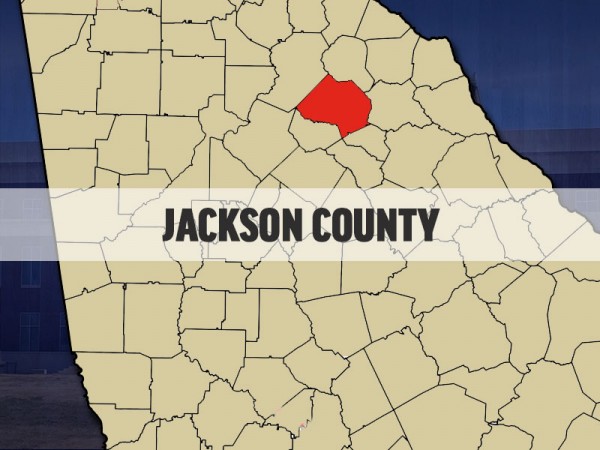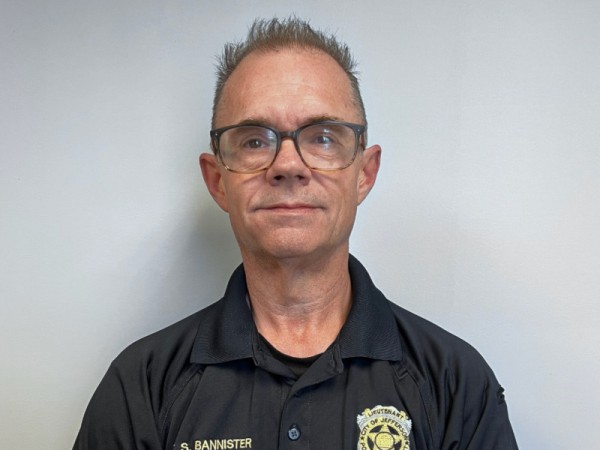As the world watched the 9/11 terrorist attacks unfold on the morning of Sept. 11, 2001, one northeast Georgia man was involved in the grounding of all flights in the country in an effort to stop any further terrorist plots.
Stanley McClain, of Jefferson, was the air traffic manager of the Washington Dulles International Airport, but on that grim Tuesday morning, McClain was working a special assignment at the FAA headquarters in downtown Washington, DC.
McClain said FAA headquarters had received a call from the Boston Air Traffic Control Center, claiming that an aircraft had deviated from its flight plan and had turned off its transponder. He said the FAA had tracked the aircraft flying south, instead of its intended direction, west.
This information had to be passed on to other facilities in the region to make sure that other aircraft would steer clear of this rogue plane.
“We thought it was a hijacking, and I’d worked several of those back in the 70s in Miami,” McClain said. “But obviously it wasn’t a regular hijacking.”
McClain said in a typical hijacking situation prior to 9/11, the protocol was to allow hijackers to fly to their intended location to prevent escalation of the situation.
Things began to escalate further at FAA headquarters when American Airlines Flight 11 crashed into the North Tower of the World Trade Center at 8:46 a.m. McClain said it was a beautiful day and visibility was optimal, so when the aircraft hit the building it was obvious that it was intentional.
Once United Airlines Flight 175 struck the South Tower of the World Trade Center at 9:03 a.m., McClain said it became clear that this was a terrorist attack.
McClain said FAA headquarters was only about a mile and a half from the Pentagon, and they heard and felt the blast of American Airlines Flight 77 hitting that building at 9:37 a.m.
At this point, McClain said the plan to put all aircraft on the ground began to unfold, something which he said had never been done since it was first created during World War II.
“We trained, we knew about the procedure, but I never thought we would use it,” McClain said.
Meanwhile, Greg Swanson, director of the Gwinnett County Office of Emergency Management, was commuting by plane as a jump seat passenger to his job with a regional airline from Atlanta to Dulles International as the FAA released the grounding order.
Swanson said he had essentially been on this flight as an extra crew member, so he could still hear the FAA radio traffic as the incident unraveled.
“We could obviously tell it was very serious while still airborne but I wasn’t fully aware until I reached the crew hotel in Raleigh and saw the television broadcast,” Swanson told AccessWDUN in an email. “The FAA radio traffic mentioned terrorist activity, instructed crews to lock doors to the flight deck and divert to their nearest appropriate airport.”
Swanson said his plane was eventually diverted to Raleigh, NC. The passengers on board the plane were told that they would be landing there, but they were not given any details regarding what prompted the diversion.
Once in Raleigh, the crew was removed from the plane, placed in a van and taken to a local hotel. Swanson said the crew had to report to their company telling them they had landed safely in Raleigh.
These diversion events took place across the country, as all flights attempted to make their way to the ground. The horror had not stopped there, however. At 10:03 a.m., United Airlines Flight 93 crashed in Shanksville, PA following a courageous struggle between the plane’s passengers and its hijackers.
At FAA headquarters, McClain said the person in charge of his group had asked whether the day felt real or not, and of his fellow co-workers, all had responded, “no.”
After looking at a newspaper the morning of Sept. 12, 2001, the reality of the situation became clear to McClain.
“When I got up I asked my wife, ‘did I bring a paper home yesterday?’ She said ‘yeah, you put it on the kitchen counter,’” McClain said, choking up. “I said, ‘My God, it was real.’ That’s when I realized it.”
Looking back at that day 20 years later, McClain said one interesting thing for him related to Norman Mineta, U.S. Secretary of Transportation at that time. McClain said Mineta claimed to the media it was his idea to ground all flights, even though he was present with McClain and those at FAA headquarters who put the plan into motion.
“You know you’ve done good when the Secretary of Transportation takes credit for what you did,” McClain said.

















